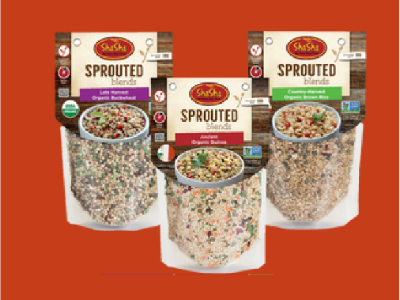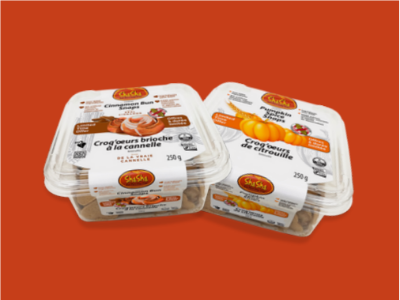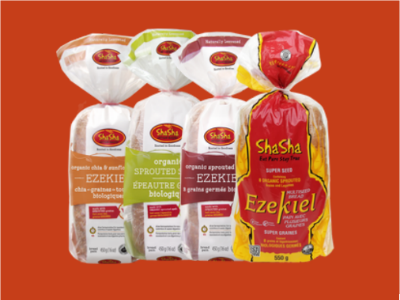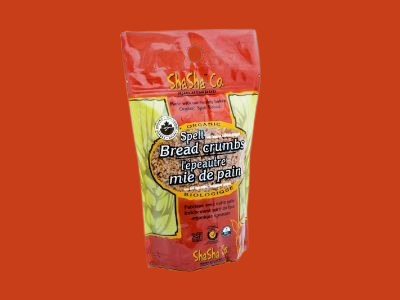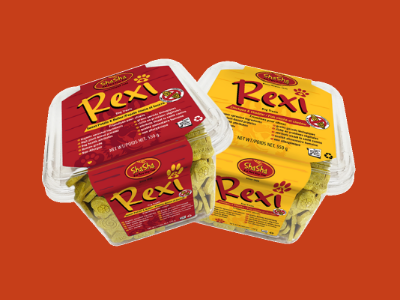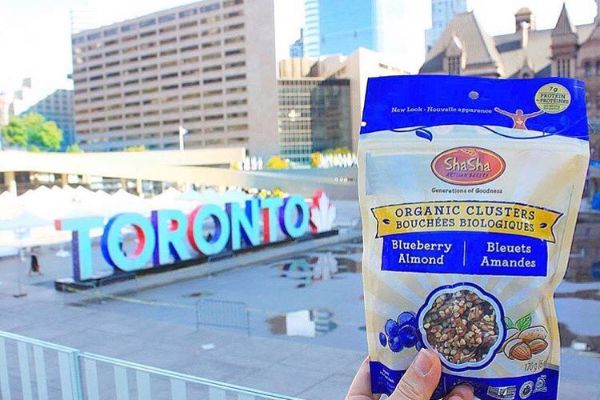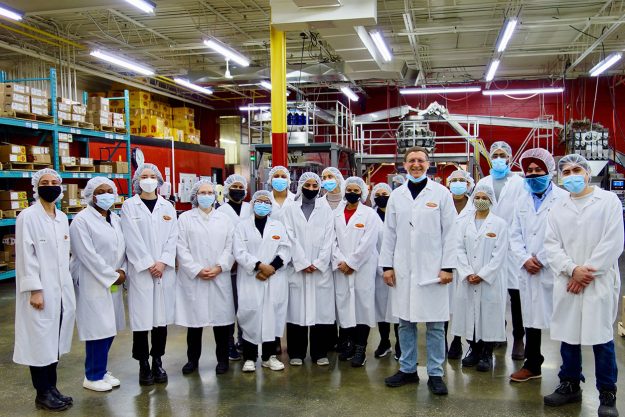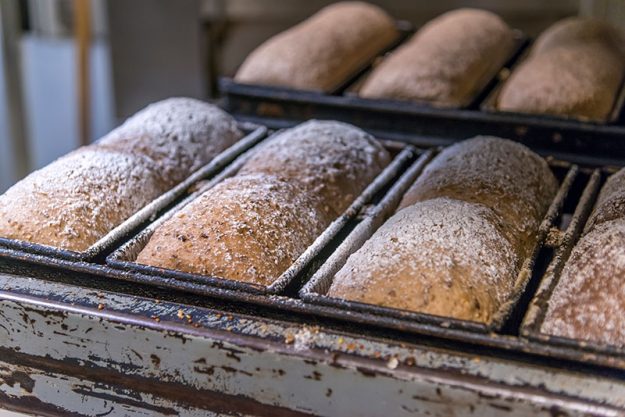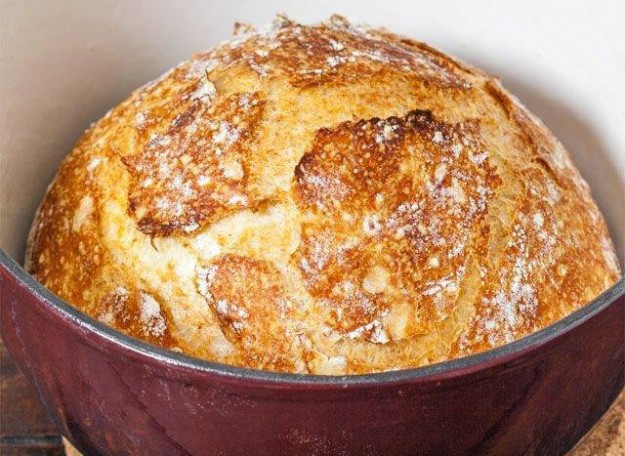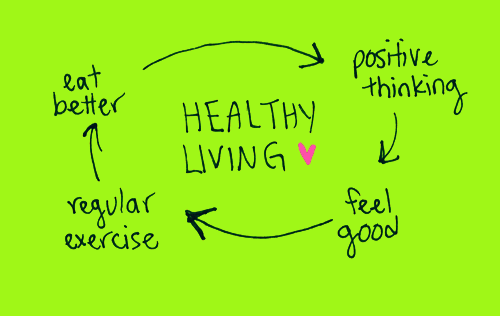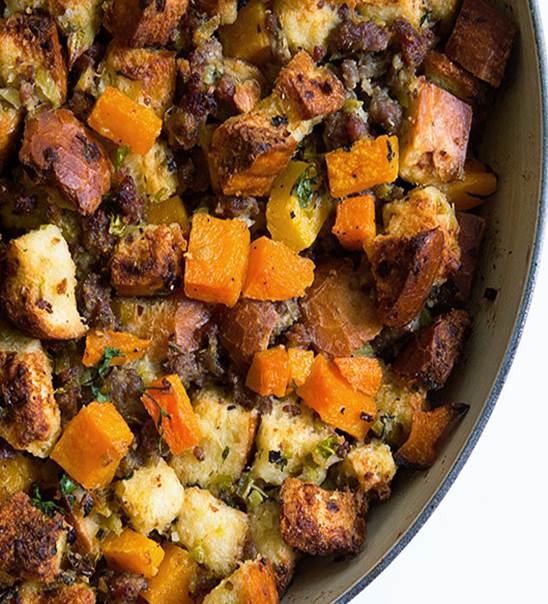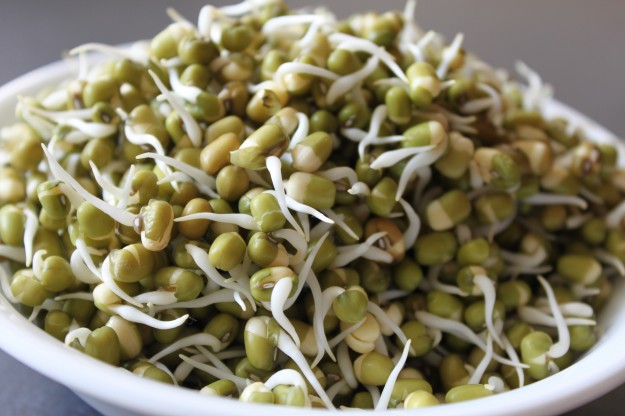Probiotics are absolutely essential to your health and well-being. These little beasties live in your digestive system and help you to properly digest your food. Largely ignored for many centuries, scientists are now discovering that these tiny organism play an essential part in preserving your health. Add probiotics to your daily diet by consuming fermented foods like organic sourdough breads, pickled vegetables, kombucha, yogurt, beer and cheese.
What is Fermentation?
The process of fermentation has been around for about 8000 years and its thought that the fermentation process in bread may even have been around for longer than that. Fermented foods have been through a process known as lacto fermentation. Here small microorganisms known as lactic acid bacteria feed on the sugars in food to create lactic acid.
Lactic acid bacteria can also digest the lactose in milk. People who have low counts of this kind of bacteria will have problems properly digesting dairy products.
When these bacteria are present, they convert sugars into energy that your body can use and excrete lactic acid. The lactic acid lowers the pH of your body and this makes the product an unsuitable environment for other kinds of bacteria which means that your favorite foods last longer.
That means fermented foods aren’t rotten; they actually last longer than unfermented foods. Not only does fermented food provide your body with essential probiotics, they bring enzymes, Omega-3 fatty acids, and vitamins from the B family to the table.
Why do I need Probiotics?
Probiotics improve the way your body is able to digest food and extract nutrients. Studies are just beginning to uncover the enormous influence our gut bacteria has on our well-being. So far, studies have shown that probiotics reduce the symptoms of hay fever and allergies, lower blood pressure and improve digestion.
Probiotics are the biggest immune system in the body as they control the ‘bad’ bacteria populations which prevents infections, viruses and disease. Probiotics help to promote gut health and so reduce the symptoms of IBS, diarrhea, bloating, gas and celiac disease.
Probiotics also reduce dementia, depression and help to relive anxiety. While it may seem strange that bacteria in your digestive tract can affect your mental and psychological health, it’s important to remember that you really are what you eat.
Probiotics inhibit the growth of tumors and reduce the risk of colon cancer. They reduce food allergies and gluten intolerance and the formation of ulcers.
The Department of Community Health at Tufts University School recently found: “There are numerous studies showing fermentation of food with lactobacilli increase the quantity, availability, digestibility, and assimilability of nutrients. There have been a number of studies showing that various fermented dairy products lower serum cholesterol levels in humans and animals.”
What Fermented Foods Should I be Eating?
You know those diets that cut out all the yummy stuff and leave you chomping on celery and drinking green smoothies? Well, this isn’t one of them. You see, some of your favorite things like cheese, beer and bread, are made using fermentation methods.
Opt for artisanal organic bread which is made using traditional sourdough baking methods. Modern baking methods don’t provide the nutrients and probiotics you need. Aged cheese and yogurts are also a good source of probiotics. Kombucha and kaffir are packed with healthy bacteria, but watch out for products which contain too much sugar. Always read the label to ensure that organic, natural ingredients are used.

